An Oxymoron: A Nation of Immigrants Stressed by Diversity
Recent political attacks on diversity, equity, and inclusion (DEI) policy values have got many people wondering about democracy’s relevance. From the Supreme Court’s Affirmative Action ruling . . . to the Congressional House majority refusing to take up a vote on an immigration bill . . . to states limiting or banning access to women’s health care needs . . . to states’ refusal to fund DEI offices and curriculum . . . to demands for single gender bathrooms, it should be evident that something larger is driving these anti-diversity decisions.
In fact, one could say that DEI has been the epicenter of the country’s culture wars since colonization. It was true when the economic benefits of kidnapping and selling people for profit was used to justify regarding enslaved Africans as less than a person. It was true when Manifest Destiny was used to legitimize the removal of Indigenous nations from their ancestral lands. It was also true when Chinese laborers, Mexican citizens, and other People of Color were used as cheap labor for railroad expansion and slaughterhouses, ranching in Texas, farming in Texas, Mid-West packers. Suddenly, laws became flexible as long as there were no demands for citizenship.
When engineers, nurses, scientists, and many others were needed, however, citizenship became the carrot extended to entice talent. Many became driven by the belief aptly stated by Bianca Miller Cole that, “Diversity and inclusion are essential . . . as a healthy variety of people from different backgrounds and cultures provides us with the balance of voices and diversity of thought that we need.” (Forbes Magazine, September, 2020)
Yet outside of workforce needs, responses to diversity have come with judgments. Judgments that, as social psychologist Daniel Wegner stated in 2002 and then Malcolm Gladwell wrote, “ . . . can cause people to act in ways inconsistent with their beliefs and values.” (Blink, The Power of Thinking Without Thinking, Back Bay Books, 2007)

Discomfort Breeds Fear and Distrust
Perhaps the larger reason for this centuries’ old irreconcilable difference lies in what Gladwell calls our “adaptive unconscious,” the part of us that “does an excellent job of sizing up the world, warning people of danger, setting goals, and initiating action in a sophisticated and efficient manner.” This part of our innermost self provides strong motivation for us to take action — even if that action contradicts our beliefs and values.
Our adaptive unconscious, however, sometimes gets it wrong. Widely quoted by those who question diversity’s value is Harvard professor Robert Putnam’s research from 2007, asserting that diversity actually undermines the cohesion essential for societal development. However, in 2015, Sociologists Maria Abascal (Princeton University) and Delia Baldassari (New York University) published a paper entitled “Love Thy Neighbor? Ethnoracial Diversity and Trust Reexamined,” (The Chicago University Press, 2015) that call into question Putnam’s findings.
They concluded that the distrust of their neighbors expressed by white people was a result of their own discomfort with living among diverse racial groups, not the diversity of their communities per se. Their low levels of social engagement and beliefs that diversity is an ill rather than a benefit, came from their own fears. So, are we not left to wonder — why did so many white people bond in the belief that diversity is a bad thing?
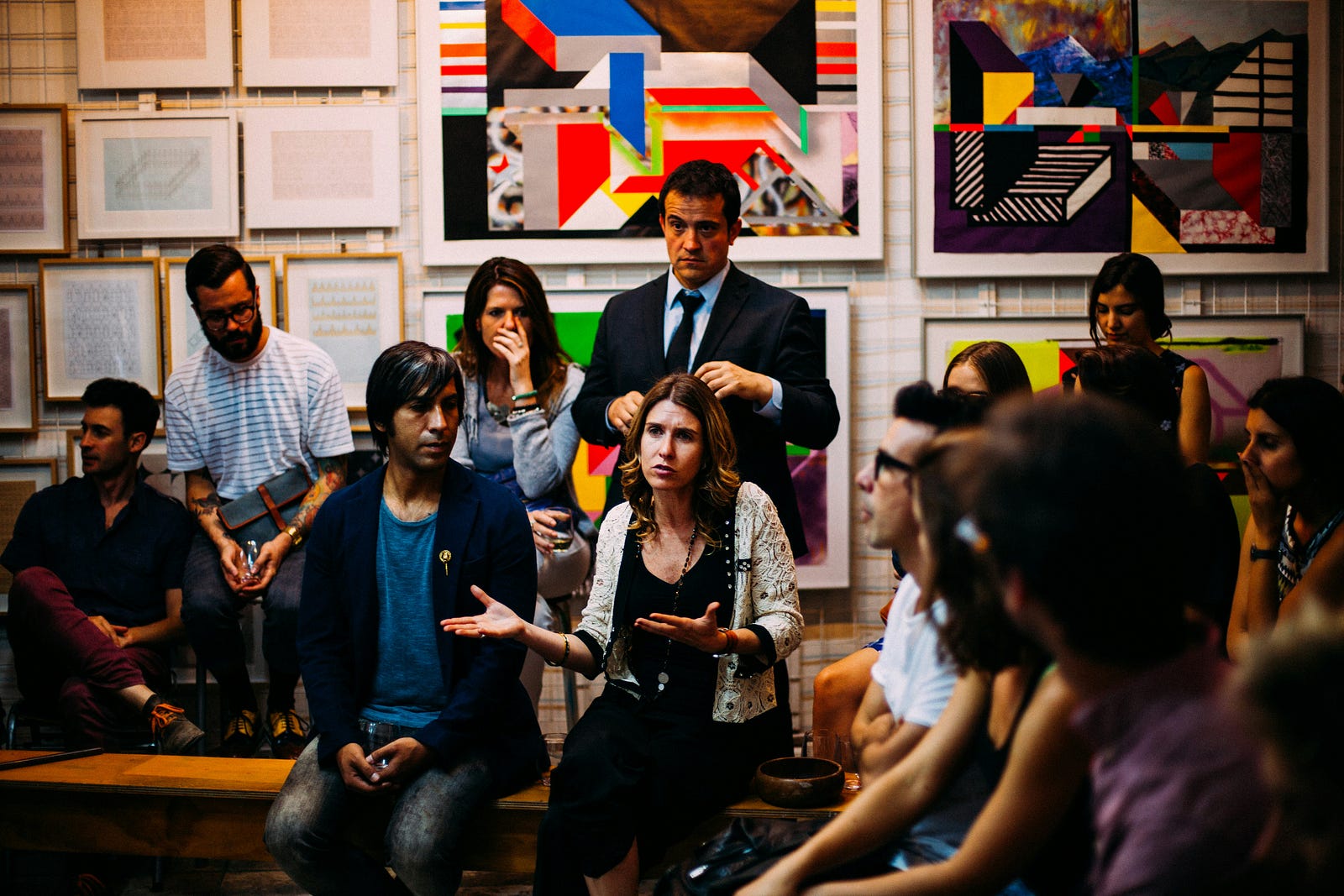
Diversity: Put Up or Shut Up
Moving colleges and universities to increase diversity in faculty and staff hiring, tenure promotions, leadership, and student success was not just my value, it was my passion. A role one of my mentors urged me to believe was a commitment my leadership needed to achieve.
A recent bill passed by Alabama’s conservative state legislature and signed by the governor bans state-supported colleges, universities, and K-12 schools from having DEI offices or teaching “divisive concepts” such as holding people of one race responsible for actions committed against people of different races in the past. Their measure follows similar actions made by Florida, Texas, Utah and other conservative states.
“‘My administration has and will continue to value Alabama’s rich diversity, however, I refuse to allow a few bad actors . . . under the acronym of DEI, using taxpayer funds, to push their liberal political movement,’ Governor Ivey said in a statement.” www.reuters.com
The Pew Research Center’s 2019 report, Americans See Advantages and Challenges in Country’s Growing Racial and Ethnic Diversity, by Juliana Menasce Horowitz, points to the mine field presented by increasingly actionable DEI goals. For despite “Broad support for workplace diversity . . . only about one-in-four say that, in addition to their qualifications, a person’s race and ethnicity should be considered in decisions about hiring and promotions in order to increase diversity.” Ironic, considering that Pew’s research also tells us that about three-in-four (about seventy-five percent) of people surveyed believe diversity is good for the country.
Al Fin - There’s a Train Coming!
The political and policy decisions being made these days by conservatives benefit a shrinking number of people. The increased diversity looming on the horizon, thanks to Millennials and Gen X being the most diverse generations the country has ever seen, portends a country on a collision course with itself.
If I may offer a voice of experience, there are three things I learned the hard way during my stint in higher education:
- Accountability does not happen in an environment of fear.
- Shared values do not translate into “buy-in.”
- Leadership has to come from a place where it is accepted.
We have to address, heal, and stop using fear and distrust to motivate our self interests. Assuaging many people’s discomfort with diversity demands a societal mindfulness that holds disruptors, and disruptions, accountable to the country’s declared commitment to inclusion.
“Those who cannot remember the past are condemned to repeat it.”
–George Santayana
So, yes. Let’s learn from our past while also refusing to get sucked into judgmental reactions, responses, and destructive habits. Understanding and healing from that which divides us is the best way for our society to be healthier and happier.


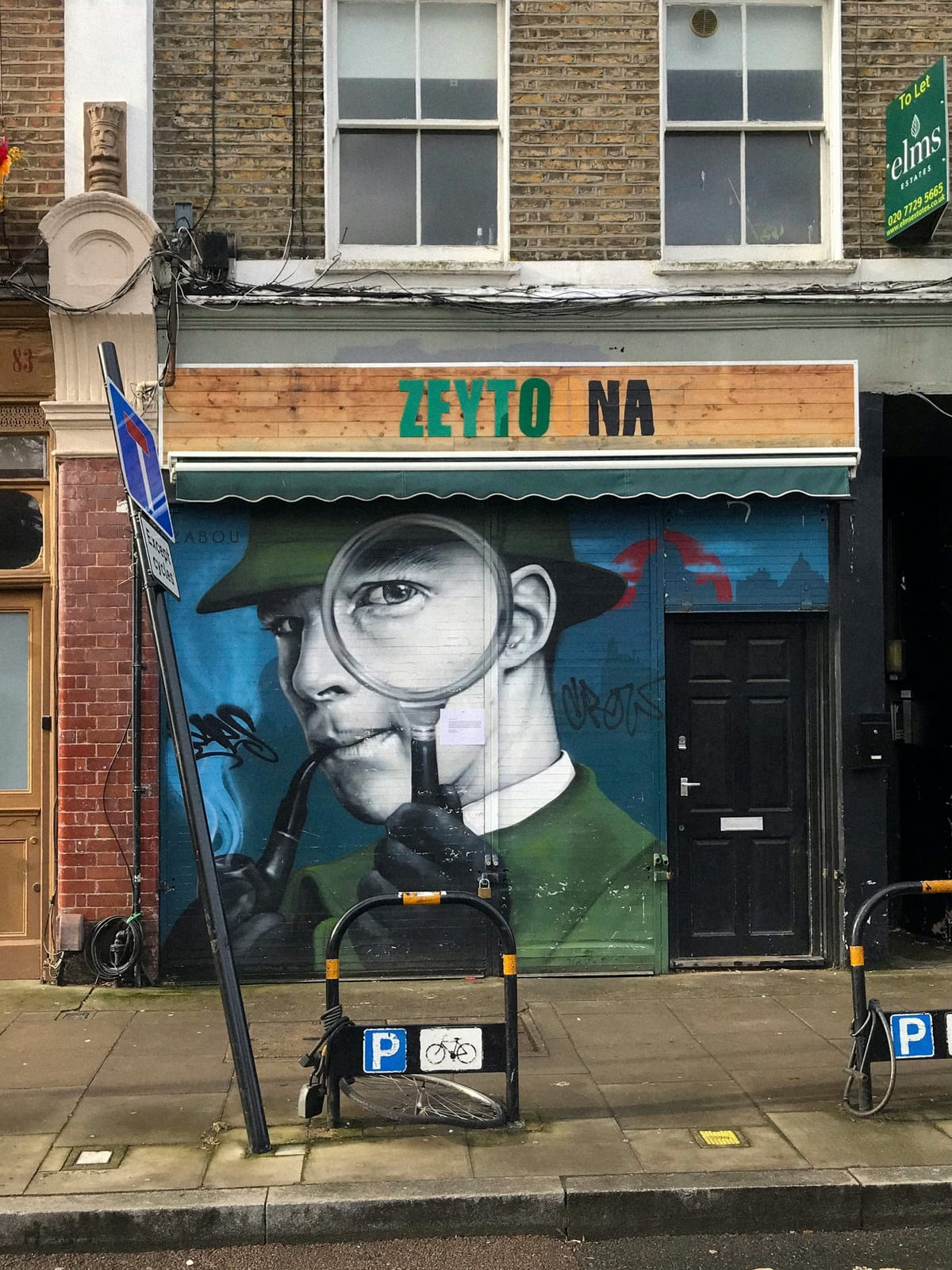
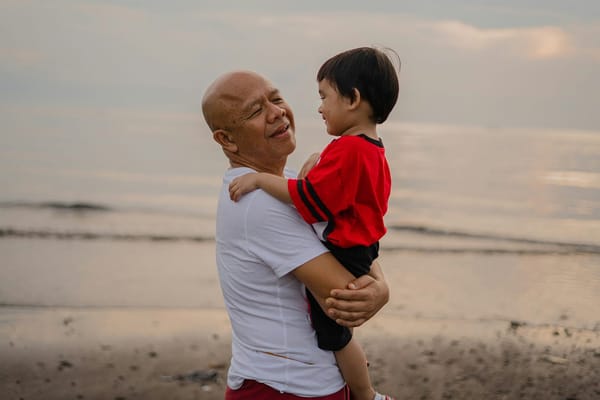
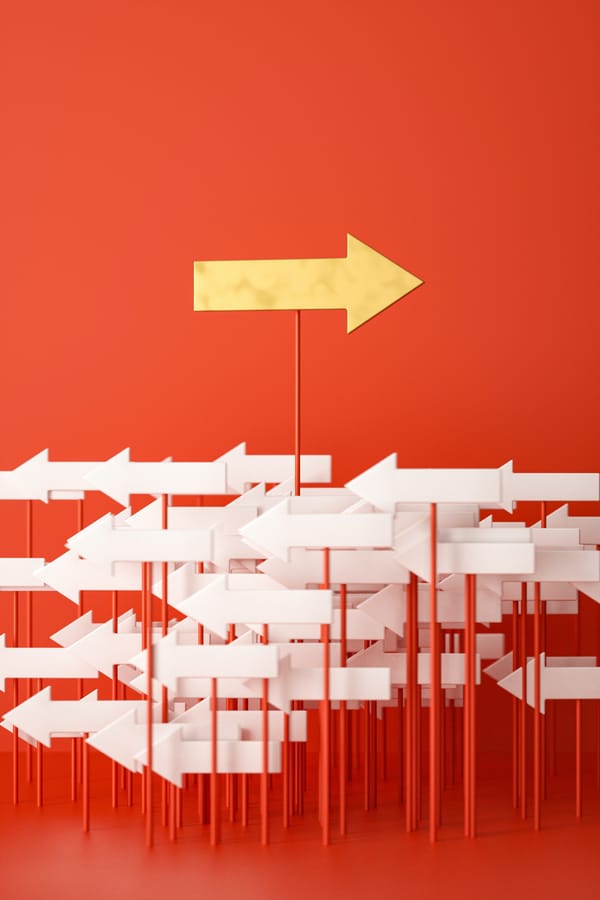
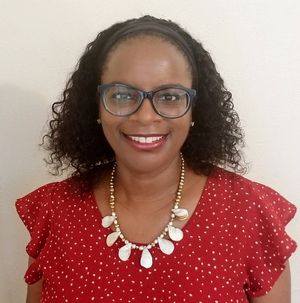
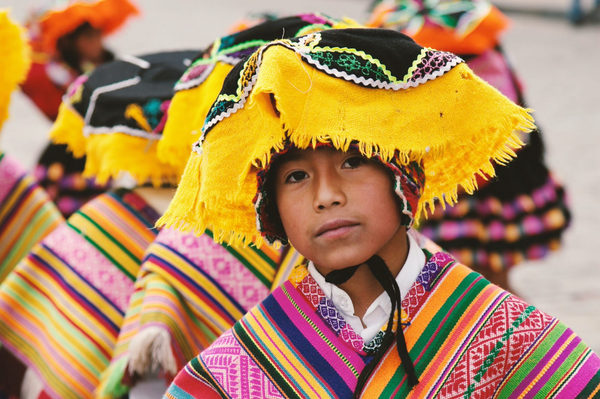
Member discussion